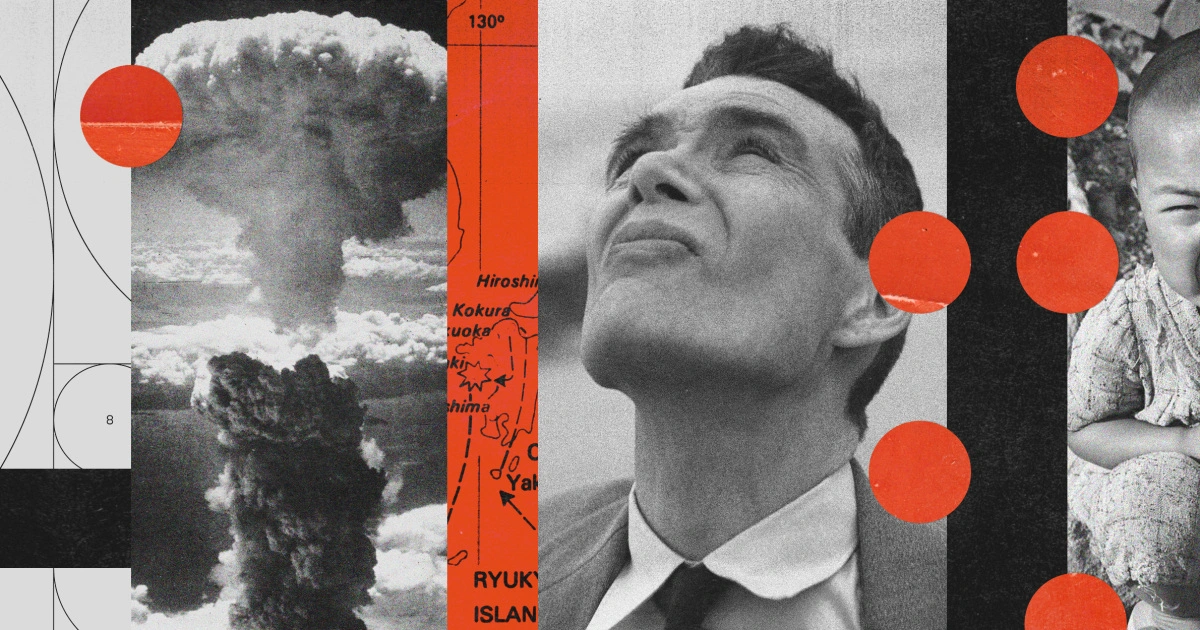It makes the perfect excuse for the emperor to surrender on, no doubt about that. Put yourself into the emperor's shoes. You've been lying to your people about their efficacy in the war, your country is devastated. Do you admit you led the country into war or that one singular scientific breakthrough that nobody could have seen coming was responsible? You shift all blame off your shoulders and that of your leadership, and all onto this one perfect excuse. It also placates the Americans. It enhanced the perception of US military power; whereas if the soviet entry into the war was a deciding factor, the same would be true for the USSR. Attributing the surrender to the bombs is basically better for every party involved, except the soviets.
There are a few reasons why, looking back at it, that it doesn't make sense that the nuclear bomb was the deciding factor.
Well in advance of the surrender, Deputy Chief of Staff of the Army Torashiro Kawabe said that “The absolute maintenance of peace in our relations with the Soviet Union is imperative for the continuation of the war.” Japan always knew that they would not be able to fight that front of the war as well and that the USSR entering into the conflict would end their ability to continue.
There are the timing issues I already mentioned. The second bombing could not have possibly be involved, and a three day turnaround from the first bomb to even starting talks to discuss surrender (in fact, directly rejecting that discussion at one point) seems extraordinarily slow. Did it probably come up in those discussions? I would be surprised if it wasn't mentioned, but the details of those talks were never made public. Was it the impetus for calling the meetings? Decidely not.
At this point in the war, Japanese leadership had little illusions that they were going to defeat the United States. They may have convinced large swathes of the population of that, but their outlook wasn't good. So what were their avenues for the best surrender terms that they could get. As outlined by Ward Wilson, a position I quite agree with, they had two viable paths. There was the diplomatic route, with the soviet union acting as a mediator for Japanese surrender to America. Sokichi Takagi wrote about this option in his diaries if you are looking for a primary source (I can provide the Japanese if you can read it, but I am not sure where to find an English translation) . Which would undoubtedly present better terms than an unconditional surrender to the US would have. Obviously an option that was not on the table when the soviets entered the war.
The second was the military holdout, which is what people often cite as the best justification for the bombing. However, in anticipation of the US invasion, Japan had moved the vast majority of their troops to Kyushu, leaving little to nothing to defend Manchuria and Hokkaido. A last stand against one super power from one direction is one thing, the same feat from two directions was impossible for what was left of the Japanese military. The Soviets would have had met little to no resistance moving into Hokkaido from Manchuria. Any hope of bleeding the US forces out in a month long war of attrition evaporated; large swaths of northern Japanese territories would be occupied by the Soviet Union in weeks.
I don't mean to write a full on essay here, but I am happy to go into detail on any particular subject if you would like.

